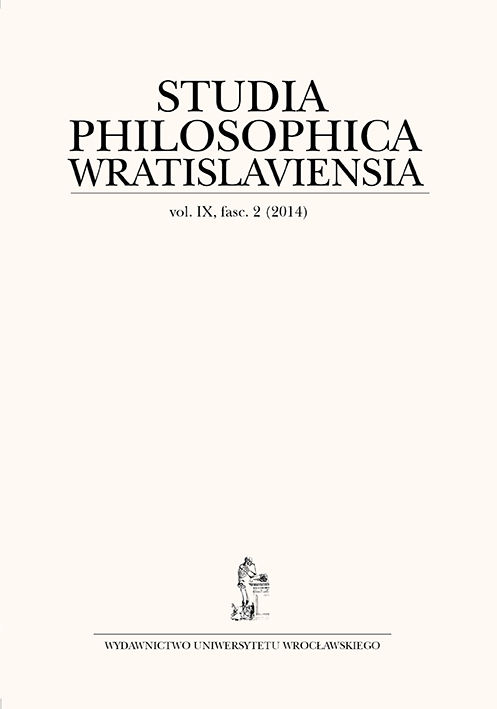

Artykuły

The genesis of constructivism: interpretations and discussions
The topic of this article is an attempt to identify, cfassify, and interpret the main approaches to the issue of genesis of constructivism. Constructivism is a group of trends, methods and fields of natural sciences, social sciences and humanities. The diversity of the constructivist positions is of a peculiar aspect due to the varied interpretations of their origins in the history of science. The diversity of views on the formation of constructivism goes hand in hand with the diversity of its varieties. The primary objective of this article is an attempt to trace the dispute about the origins of constructivism, which takes place between the representatives of the main varieties of the trend. The opponents often assume extreme positions. The first of these can be described as “minimalist” — its proponents support a notion about a short pedigree of constructivism. In contrast, representatives of the “maximalist” positions accept that the roots of constructivism date back to the ancient philosophy, and its precursors include many philosophers, thinkers and scientists, often distant from each other scientifically and ideologically. There is a third possibility — less radical than the previous ones, seeking a compromise. It should be noted that, in accordance with the general assumption adopted in this article, the shape of the different varieties of constructivism is largely determined by researchers’ recognition and acceptance of this or that interpretation of the origins of constructivism in the development of scientific knowledge and philosophy.